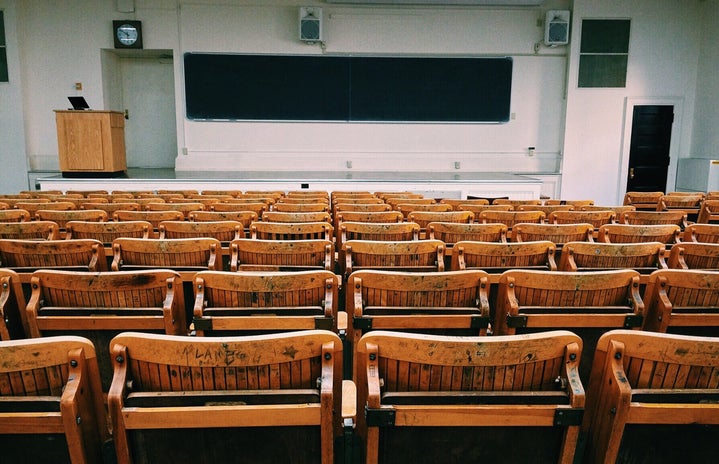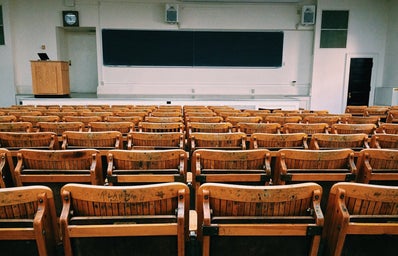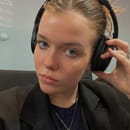We often take our professors for granted, forgetting the wide range of expertise and diversity that they bring to our education. In honor of Women’s History Month, I decided to interview two inspirational female professors at Carleton University.
Shazia Sadaf
Shazia Sadaf is a human rights professor. Originally from Pakistan, Sadaf is Pashtun, from the North region of Pakistan, bordering Afghanistan. She and her sister were both educated at a British convent school. At the age of 17, Sadaf had an arranged marriage with an older surgeon.
Unlike some other men in the region, her husband was open-minded and he encouraged her to study. Sadaf completed a master’s degree in Pakistan, then completed a second master’ss at King’s College University of London and a PhD at the University of London. She returned to Pakistan to do a master’s degree in philosophy, before coming to Canada to complete another PhD in post-colonial studies, specializing in human rights literature.
Sadaf had a long career as a professor at the University of Peshawar before coming to Carleton University as a human rights professor. While her husband would have preferred Sadaf to return to Pakistan, Sadaf says, “I didn’t want to go back because I felt I could do more for Pakistan from here, professionally speaking.”
She feels that here she can teach Pakistani literature from a human rights perspective and continue her research. Sadaf reflected on the differences she experienced in both countries. In Pakistan, the way Shakespeare is taught hasn’t changed much, since the British left. Sadaf feels that teaching in Canada is, “more fulfilling, in the sense that I am doing something and saying something that every professor will not say because they don’t have my background.”
Having asked Professor Sadaf what Women’s History Month meant to Pakistani women, she said that ordinary Pakistani women are completely unaware of its existence.
Given the current situation, I asked Professor Sadaf how we could help Afghan women most effectively from here. She suggested that, “online programs where they could get a university degree from here for free of cost,” would be the most effective way of helping these women.
Sadaf mentioned the lack of library resources there and how expensive downloading papers can be. Giving women access to a free online library would be a great solution to this problem. Given the current political climate, Sadaf remains pessimistic about the futures of both Afghanistan and Pakistan which she called “bleak.” The political instability in both countries makes it difficult to see how life for women can improve in the near future.
Nana aba Duncan
Nana aba Duncan is a journalism professor and Carty Chair in Journalism, Diversity and Inclusion studies at Carleton University. Duncan is also the Executive Director of the Media Girlfriends podcast company and network. After a double degree in psychology and philosophy from the University of Toronto, she did her master’s degree in journalism at Western University. Duncan was born in Ghana and moved to Canada with her family when she was two years old.
When asked what International Women’s Month means to her, Duncan responded that, “As a Black woman, I’m always looking at it with a view of intersectionality.” Duncan spoke about her increased awareness when using social media like TikTok or Twitter. She tries to use hashtags and follow trans activists, disabled activists and journalists. “They are teaching me,” she says.
She spoke about her experience of bullying in high school, and the hurtful messages she received as a Black woman, and the effect it had on her. “In order to keep your joy and happiness and succeed, you do have to put on some type of armour.”
Media Girlfriends is currently working with the Canadian Women’s Foundation to produce a podcast that is focused on helping people notice and respond to signals from their family and friends, and to become more aware of gender-based violence and intimate partner violence.
“We have had to think about how we’re going to approach the people who are going to be a part of the podcast,” says Duncan. She highlights how careful journalists need to be when dealing with trauma-based reporting.
Duncan noted how much she had learned about trauma-based reporting from this foundation. She has had the opportunity to interview survivor activists, noting that they are easier to interview because they can handle the emotional burden of sharing their stories.
“This is not normally a choice that we would make in journalism,” said Duncan, “Often in journalism, you want the new person, you want the person who hasn’t spoken before.”
As a journalist, Duncan has experienced her fair share of racism in the workplace from colleagues and executives. “These are things that people let women of colour deal with,” says Duncan, “I should be able to do my work.”
She advises future generations of female journalists and journalists of colour, to create a “personal board of directors,” who are people that care about you and your successes, both privately and professionally.
Carleton University has an array of brilliant female professors, with interesting backgrounds and stories to tell, both in and out of the classroom. As Carleton University students, we are fortunate to have such exceptional women in our faculties.


